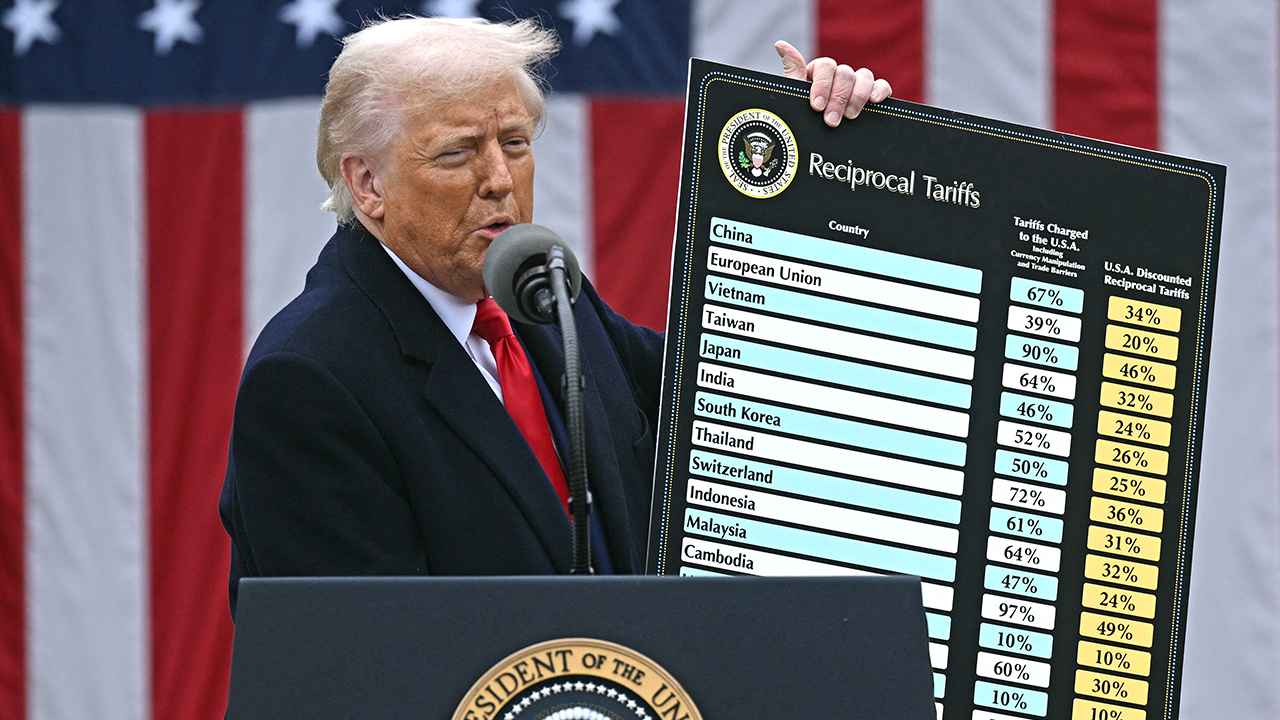“Yeah, but that was pre-Kickstarter, right? Like there was no easy way to crowd fund.”
This young entrepreneur wasn’t considering using his own money (or borrowed money) for something like this. It hadn’t even occurred to him. And neither would he have to go knocking on doors looking for investment from venture capitalists either. His tactic would be to create a buzz around his product, online and off, through content marketing and the magic of talking to people, then crowdfund it. Easy.
Like many things, it’s not easy of course, but it is straightforward. There are currently multiple platforms that make setting up a crowdfunded project quick and simple. There are more than 620,000 projects available on the Kickstarter platform alone, including films, books, games and products of all kinds. The most successful projects have raised millions of dollars.
The crowdfunding model really is straightforward. You invite people to donate in return for a reward, that’s linked to the business. On some platforms it can be equity in the business, but it doesn’t have to be. It might be a free sample, session, or merchandise. A copy of the book, an invite to the premiere, your name in the credits. It can be anything. You just need to make sure there are ‘tiers’ of rewards, so people can donate $10, $100, $1,000, or more.
Most people I know have donated to a commercial crowdfunder of some kind, often for a small reward. The last one I donated to belonged to an acquaintance of mine who was setting up a sauna hut on our local beach. My reward was a free sauna session, and there was a good reason for that.
It’s awesome going from the sauna to the sea and back again several times over the course of an hour or two. I’ve paid for the privilege several times since my freebie, and there’s a lesson there, of course. Make the reward itself a sample of what you offer, and enjoy ongoing repeat custom (as long as you offer something good).
So how exactly are entrepreneurs crowdfunding? With relative ease, due to the amount of platforms that have now sprung up to help them. Here are a few of the more popular ones.
Kickstarter
Kickstarter is still probably the platform most associated with commercial crowdfunding, and offers a lot of support to new entrepreneurs getting started on the platform.
What’s more, it still follows an important idea at the heart of grass roots crowdfunding, which is that you can only offer rewards, not equity to your potential donors, meaning it’s a true crowdfunding site, not an investment platform. To help you out, Kickstarter shares a list of almost 100 potential rewards, many of which can be adapted to almost any campaign.
Indiegogo
Perhaps the best known Kickstarter alternative, Indiegogo has raised well over a billion dollars across all its campaigns so far, with more than 11 million individual contributions having been made through the platform at this point.
Entrepreneurs are funding everything from e-bikes to comic book series on Indiegogo, and it has a whole section just focused on film and documentary making. Like Kickstarter, the platform doesn’t allow for traditional investment, only rewards-based donations.
Fundable
Fundable allows entrepreneurs to raise money from friends, relatives, acquaintances, social followers and current customers, but there are investors scanning this platform too, so there’s a chance for those with significant funds to discover you on here.
Fundable offers both reward-based fundraising and equity fundraising. Companies looking to raise less than $50,000 can use a traditional rewards system. Those looking for more than that can offer equity.
MicroVentures
This site comes across a little more like a typical investment site, with a focus on startups in the software, mobile and green-tech industries. In spite of the name, the platform is aimed at entrepreneurs who are seeking to raise $150,000 to $1 million (so not that micro, in today’s easily-bootstrapped, online-business, zero-dollar-startup climate).
MicroVentures reviews an applicant’s idea and vets potential investors for them, so it’s a little different from some of the other platforms, for sure. But it’s worth checking out for those whose projects fit the criteria.
Patreon
This one is commonly used by writers and other online content creators, and can be a way to fund your life while you work on a project such as a book, film or other creative endeavor.
Patreon describes itself as a membership platform, not a crowdfunding site, and as a creator you can set up a Patreon without actually having a product at all.
If you’re a blogger, vlogger or podcaster for example, it can be a way for your readers, viewers or listeners to reward you for excellent content. You can offer exclusive content to those who subscribe to your Patreon, which is how it functions as a membership site. (Sites like Ko.fi and Buy Me a Coffee work in a similar way).
We’ve come a long way in the last few decades. Traditionally, you used your own (saved, inherited, or borrowed) money to fund your endeavors, or went to a huge amount of effort to find investors. Crowdfunding lands somewhere in the middle, and is — for many — the best of both worlds. You don’t use your own money, but with the true crowdfunding platforms, you don’t give up any equity either.




















Discussion about this post